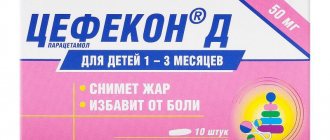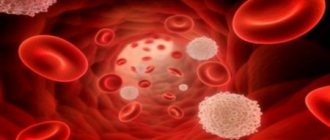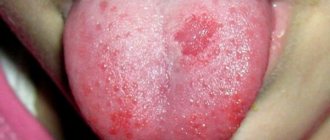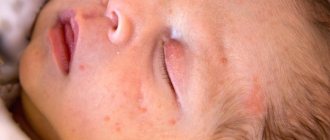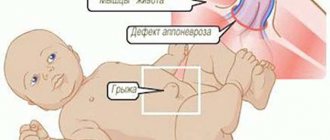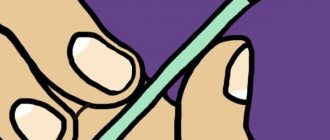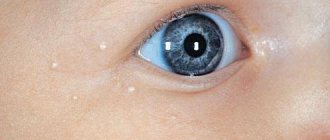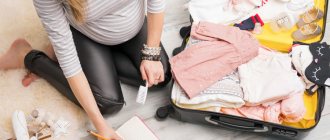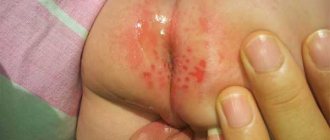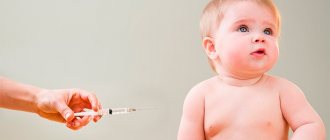Is a first aid kit necessary from the first days of life?
Some of the parents have probably thought about the fact that a first aid kit with medicines “for all occasions” is not the first necessity, because it is not known whether the purchased medicines will be useful to the baby. In addition, many of them have a very limited shelf life. This is true, but here it is worth clarifying two important points:
- The phrase “first aid kit for a newborn” means not only medicines, but mainly hygiene accessories, antiseptic solutions and tools that are necessary to care for the baby.
- Many of the funds are purchased for future use specifically to help the mother in an unforeseen situation. Running to the pharmacy “as needed” is sometimes not the best option, especially if a young mother and child are alone, without help. For example, if your baby starts having colic at night, a prepared remedy from the first aid kit will help alleviate the baby’s condition.
List of drugs
Unfortunately, from the first days of life, children can suffer from various ailments . This includes increased gas formation, allergic reactions, colds, and fever. Afterwards, the babies begin to cut their teeth, which also brings considerable discomfort.
All these troubles happen at the most inopportune moment and time, for example, at night, when pharmacies are usually closed. That is why it is important to prepare not only a list of daily and periodic hygiene products, but also medications that will help out in difficult times.
List of medicines in the first aid kit for a newborn:
- colic remedies , for example, Espumisan, BabyNos, etc.;
- gum ointments that relieve itching during teething;
- antipyretics in the form of syrups (Nurofen, Ibuprofen) or suppositories based on paracetamol;
- allergy medications (Suprastin, Tavegil, etc.);
- cream for bites and allergic skin rashes, for example, Fenistil;
- fennel based tea . It helps with intestinal colic. Useful for both baby and nursing mother;
- drops for rinsing the nose . This can be Aquamaris or ordinary saline;
- eye drops . They will be useful not only in case of conjunctivitis, but also in case of a runny nose;
- remedies for intestinal disorders , constipation and diarrhea, for example, Smecta, Linex, Acipol, etc.
Before taking any medications, it is better to consult a specialist who can adjust the treatment or prescribe other medications.
But in any case, it is better to have a list of the above pharmaceutical products in stock in a first aid kit for a newborn.
Watch the video from which you will learn what may be useful for your baby:
First aid kit for the maternity hospital
The baby's first first aid kit will be the one that the mother takes with her to the maternity hospital. In the maternity hospital, the woman in labor and the baby are under round-the-clock supervision, there are medications in the maternity hospital, so little money is required. So, what is included in a first aid kit for a newborn, which may be required in the maternity hospital:
- baby diaper cream;
- hypoallergenic powder;
- large package of wet wipes;
- cotton pads;
- Cream Bepantel or D-panthenol (for diaper rash in a child and cracked nipples in a nursing mother);
- cotton buds;
- brilliant green solution;
- pipette.
What should be in a first aid kit for a newborn?
Immediately after birth, the baby requires constant care. He needs to be bathed and given hygiene procedures. Also, young children often get sick, so the mother will need some medications and devices from the first days of life.
List of hygiene products
Carrying out hygiene procedures is the key to the growth of a healthy baby. For daily care of a newborn, you will need the following things and equipment:
- Bathing products. Babies are bathed every day. In this case they use:
- baby soap (preferably liquid with a dispenser);
- thermometer for measuring water temperature;
- Herbal teas for bathing (antiseptic, soothing).
shampoo (free of allergens and dyes);
- cotton pads;
cotton swabs with a limiter;
Antiseptics
Antiseptics are a class of medications that prevent infection. From the first days they are necessary for treating the umbilical wound. Further, they can be useful in treating minor wounds and cuts. The most necessary of them:
- hydrogen peroxide (3%);
- brilliant green solution (zelenka);
- Fukortsin;
- iodine;
- Chlorophyllipt (oil or alcohol solution);
- potassium permanganate (needed in the first days when swimming to disinfect the water);
- medical alcohol;
- hypoallergenic patch;
- Furacilin (tablets for preparing an antiseptic solution that is used to wash the baby’s eyes or genitals).
On a note!
It is not necessary to purchase all the drugs on the list. Parents themselves decide what is best for them - brilliant green, iodine or Fukortsin. To treat an umbilical wound, peroxide and brilliant green are needed.
Medical devices and accessories
In addition to hygiene and disinfectants, the first aid kit should contain special devices that help parents determine the baby’s condition and provide the necessary assistance. Such items include:
- Thermometer for measuring body temperature. This device is simply necessary in every home where there is a child.
- Syringe for enema.
- Gas outlet pipe. It will help with intestinal colic.
- A heating pad to relieve stomach pain.
- Pipette for instilling medicine into the nose, ear, eyes.
- A syringe or dispensing spoon for administering medication.
- Bandage for dressings.
- Elastic band.
- Nasal aspirator for sucking mucus from the nose.
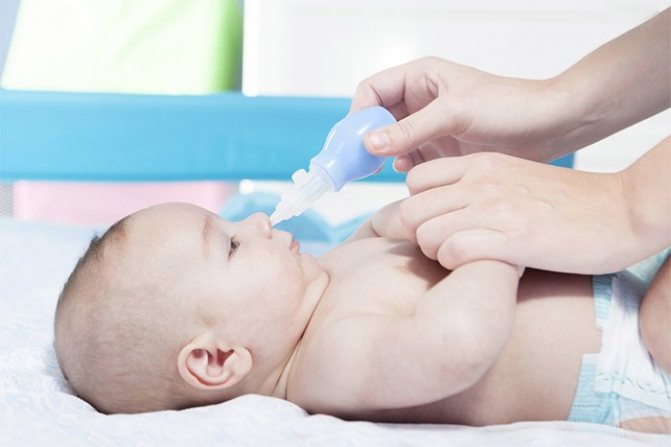
Remedies for colic
Colic is a painful sensation in the abdomen caused by the accumulation of gases in the intestines. This condition is physiological and is associated with the adaptation of the baby’s gastrointestinal tract to new conditions. The following medications may be needed to relieve pain:
- dill water (can be purchased at a pharmacy or prepared yourself);
- Smecta;
- Espumisan;
- Bobotik;
- Plantex and others.
A heating pad can be useful as an aid to reduce pain. In an emergency, a gas tube can help, but it must be used very carefully so as not to damage the baby's rectum and cause further problems.
See also:
What vaccinations are given to a child at 3 months and where - vaccination schedule
